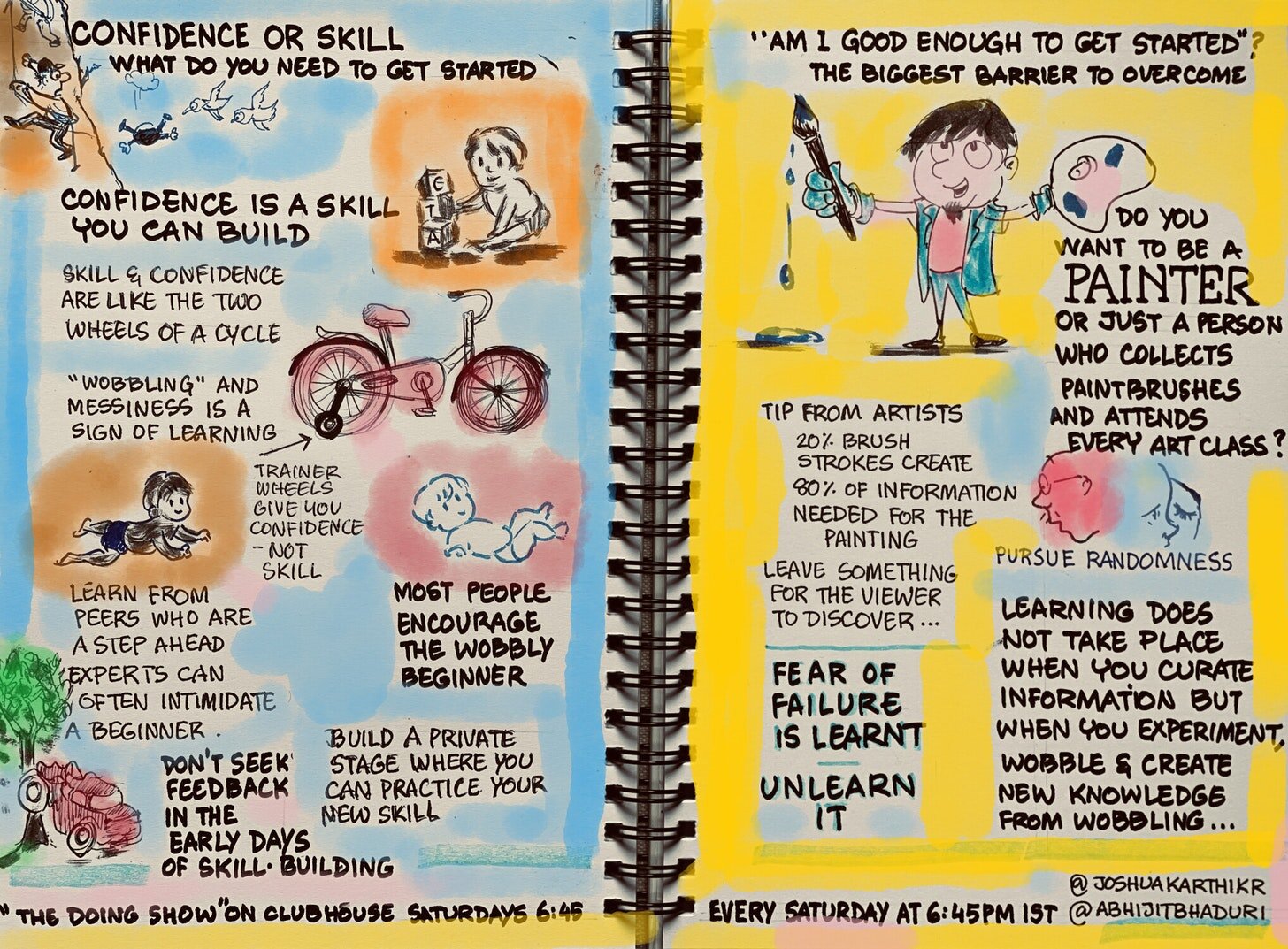On my fifth birthday I received a bicycle. I did not know how to ride a cycle. My mother noticed my reluctance to try riding the cycle. I had seen my friends wobble and shake as they tried to balance themselves. I did not want to get hurt or feel like a wobbly fool. “There are training wheels. There is no way you will fall.”
Some children in the neighbourhood asked me if they could ride my new cycle. The thought of sharing my new bike with them was unbearable. I refused. After a week of dithering, I mustered up enough courage to give it a shot only to discover that the training wheels were missing from my new cycle. The gangs of my neighbourhood had taken revenge. Without the training wheels I could not ride my cycle. Peace prevailed when I agreed to let them ride the cycle and they in turn would support me as I discovered the superpower called wobbling.
Read more about building this superpower
The foundation of a learning culture is psychological safety — being able to take risks without fear of reprisal. Evidence shows that when teams have psychological safety, they’re more willing to acknowledge their own mistakes and figure out how to prevent them moving forward. They’re also more comfortable raising problems and exploring innovative solutions.
The standard advice for managers on building psychological safety is to model openness and inclusiveness: Ask for feedback on how you can improve, and people will feel it’s safe to take risks.




Leave a Reply